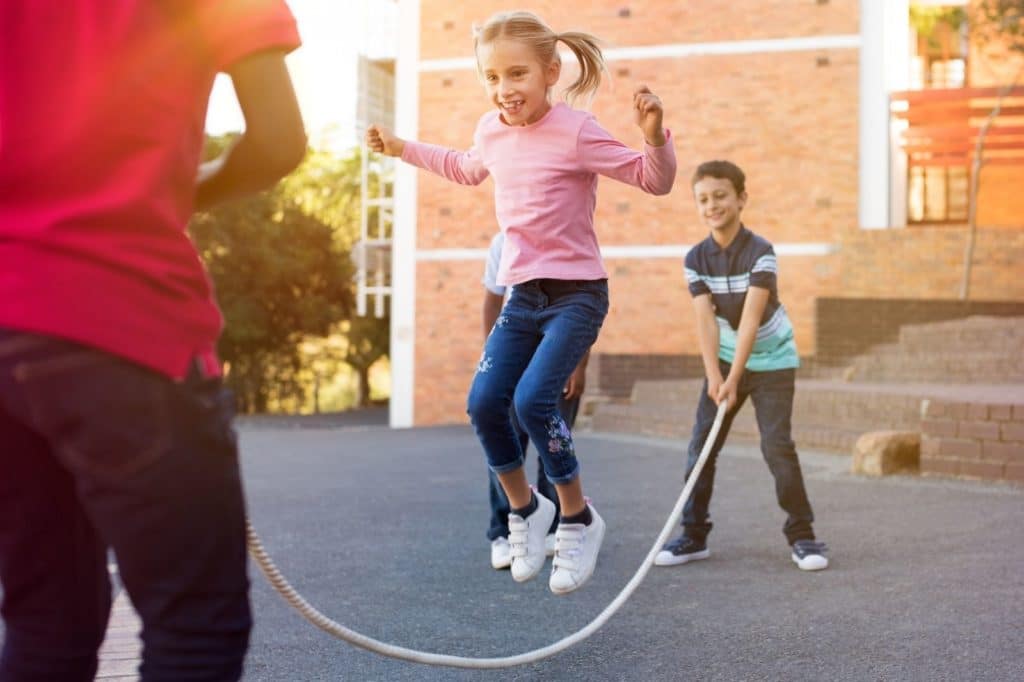Many argue that the higher rate of mental illness in kids is only because we’ve gotten better about diagnosing the problem. Not so, argues Dr. Peter Gray, a research professor at Boston College writing in Psychology Today.
The increased incidence of mental illness is not the result of changed diagnostic criteria; the results are the same even when the measures and criteria are constant, Dr. Gray explains, citing evidence from a recent San Diego University study.
The results are consistent with other studies, which also point to dramatic increases in anxiety and depression—in children as well as adolescents and young adults—over the last five or more decades, he writes.
Dr. Gray joins others who are sounding the alarm that a lack of good old-fashioned play time may be a root cause of the problem. He cites data that shows that young people are increasingly reporting that they have less control over their time, their activities and their overall lives.
“We would like to think of history as progress, but if progress is measured in the mental health and happiness of young people, then we have been going backward at least since the early 1950s.”
The Links Among Control, Play and Mental Illness
“When people believe that they have little or no control over their fate they become anxious: ‘Something terrible can happen to me at any time and I will be unable to do anything about it,’” Dr. Gray explains. “When the anxiety and sense of helplessness become too great people become depressed: ‘There is no use trying; I’m doomed.’”
This coincides with an increase of extrinsic goals, i.e. pressure to successful in the eyes of the family or community, instead of a focus on intrinsic goals like spiritual development and self-fulfillment. Both of these challenges are made worse, Dr. Gray believes, by a lack of non-structured play.
“As I pointed out here and here — and as others have pointed out in recent popular books —children’s freedom to play and explore on their own, independent of direct adult guidance and direction, has declined greatly in recent decades,” he notes.
“By depriving children of opportunities to play on their own, away from direct adult supervision and control, we are depriving them of opportunities to learn how to take control of their own lives. We may think we are protecting them, but in fact we are diminishing their joy.”
In a National Public Radio (NPR) report, Sergio Pellis, a researcher at the University of Lethbridge in Canada agrees with the importance of play and puts it into a more scientific context. The report notes that changes in the prefrontal cortex that occur while playing during childhood help develop the brain’s executive control center, which has a critical role in regulating emotions, making plans and solving problems. “So play,” he adds, “is what prepares a young brain for life, love and even schoolwork.”
Yes, the medical field has (thankfully) gotten better at identifying mental illness. But it’s clear that there is something larger going on here than better screening and tests, and perhaps a greater willingness to seek treatment.
Society has undeniably changed in the past 50 years, and more clinical research is showing us that many of those changes are having a devastating impact on our children and their mental health. As we look to our own families and our own children, we may do best by our children by letting them just play.
In good health,
Rebecca Helterbrand
In case of a medical emergency, please call 911. For a child’s mental health emergency (ages 3 to 17), call Clarity Child Guidance Center at 210-582-6412. Our crisis service department accepts walk-ins 24/7. You can find directions to our campus here. Please do not hesitate to reach out to us. We are here to help!










